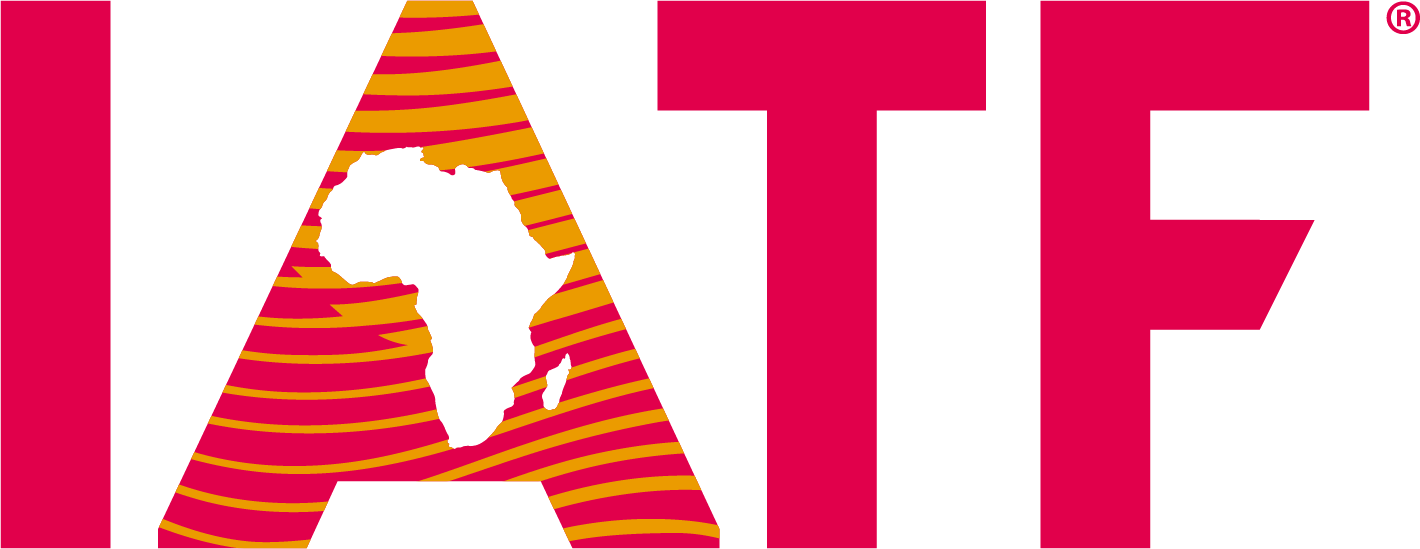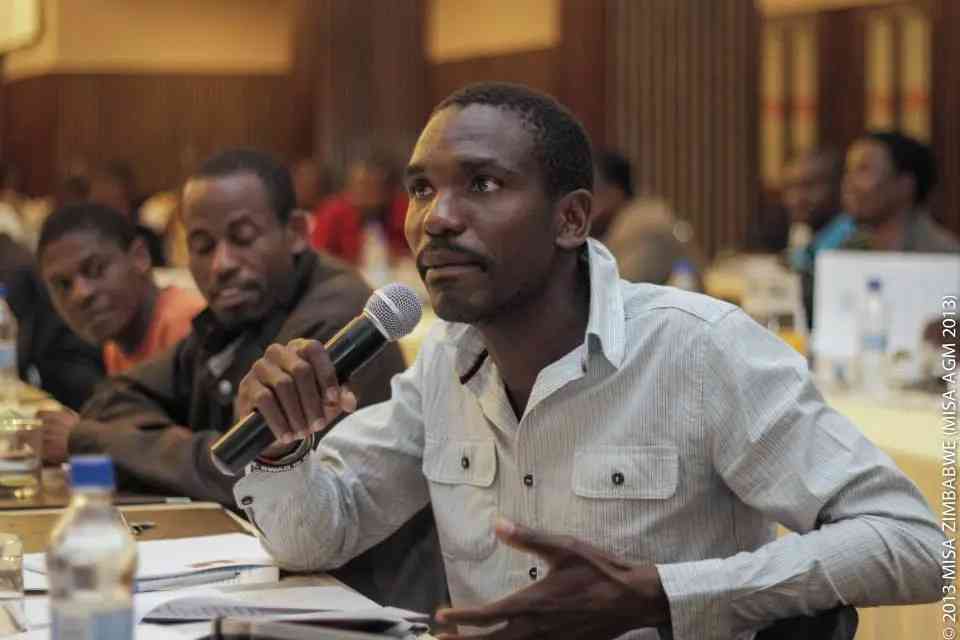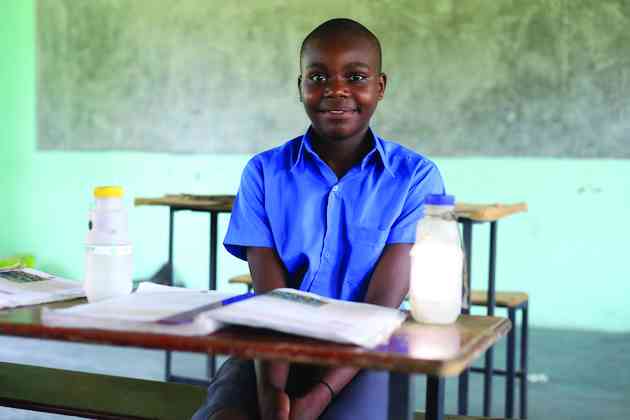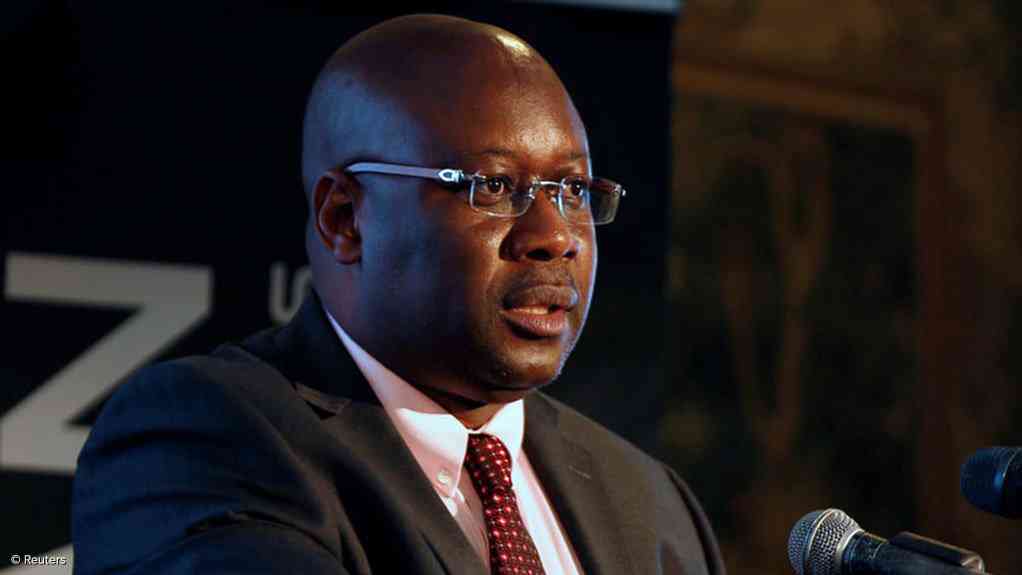
THE Intra-African Trade Fair (IATF) has become a key engine for accelerating trade expansion and investment flows, with its previous three editions generating combined trade and investment deals worth more than US$120 billion.
This was announced by Olusegun Obasanjo, chairman of the IATF2025 Advisory Council, during his welcome remarks at the event's opening ceremony in Algeria on Thursday.
“IATF is more than an event—it is a symbol of Africa’s economic awakening, where the power of trade and investment unifies us across all regions of the continent and breathes life into the ambitions of the African Continental Free Trade Area,” he said.
“Over the past editions, spanning more than eight years, IATF has demonstrated its power to connect buyers, sellers, investors, innovators, and governments from every corner of Africa and the global African diaspora.
“IATF has become the engine accelerating trade expansion and investment flows. The previous three editions generated combined trade and investment deals of more than US$120 billion.”
The former Nigerian president highlighted IATF's successes over the years, including the largest intra-African engineering, procurement, and construction deal–an agreement between Egyptian contractors and the Government of Tanzania.
The US$2,9 billion Julius Nyerere Hydropower Project (Rufiji Dam) is one of Africa’s largest energy infrastructure undertakings.
It was executed solely by African companies through a joint venture between Elsewedy Electric and the Arab Contractors
- Former Nigerian president Obasanjo blames Zimbabwe for wave of coups across the continent
- Mr President, death knell for citizenry to enjoy civility was sounded
- Letters: It’s not only about young leaders in Africa
- Afreximbank promises bigger, better IATF2023
Keep Reading
The project is designed to deliver 2 115 megawatts of clean power and generate more than 6 000 GWh annually, securing reliable electricity for over 60 million Tanzanians.
Speaking at the same event, Selma Malika Haddadi, deputy chairperson at the African Union Commission, said boosting intra-African trade is not simply an economic imperative but a measure of political resolve and commitment to reform.
“Africa contributes just 2,9% to global trade. While intra-African trade still represents a small fraction of the continent’s overall trade, it has been steadily increasing,” she noted.
“Between 2017 and 2023, intra-African trade expanded by 27%, approaching the US$200 billion mark.”
Most importantly, she noted that Africa's internal trade can be a powerful agent for industrialisation.
“Indeed, unlike our international trade, intra-African trade is mainly driven by manufactured products,” she said.
“While Africa’s exports outside the continent are only constituted of 20% of manufactured goods, 45% of trade between African countries comprises manufactured goods. “
Despite its potential, Haddadi said intra-African trade still represents a mere 15% of total African trade.
This imbalance, she underscored, is not only the result of an unfair international trade regime, but of choices “we have made, and therefore choices we have the power to change.”
“Intra-African trade is and should be our point of focus,” she said.
Running under the theme Boosting Intra-African Trade for a Sustainable Future: Innovation, Value Addition, and Green Industrialisation, the fair will end on Wednesday next week.











